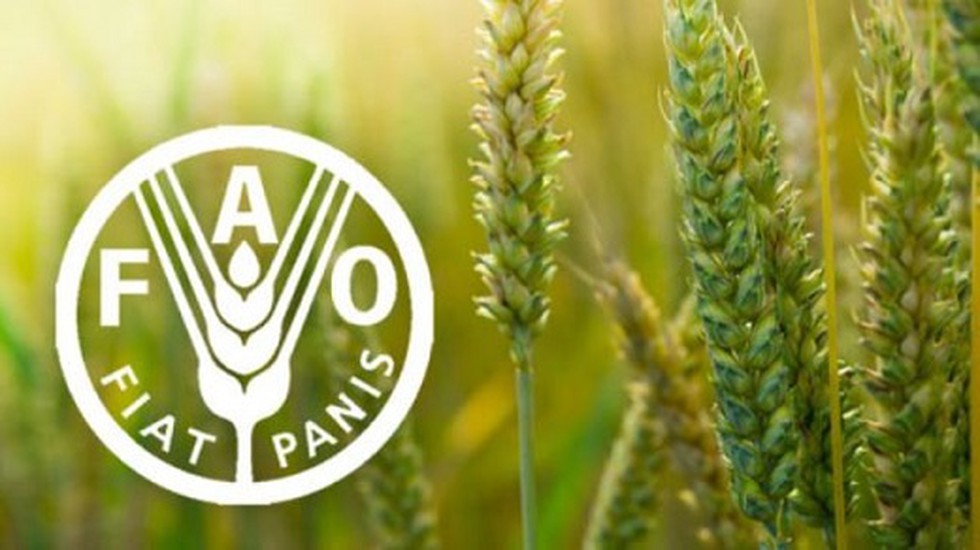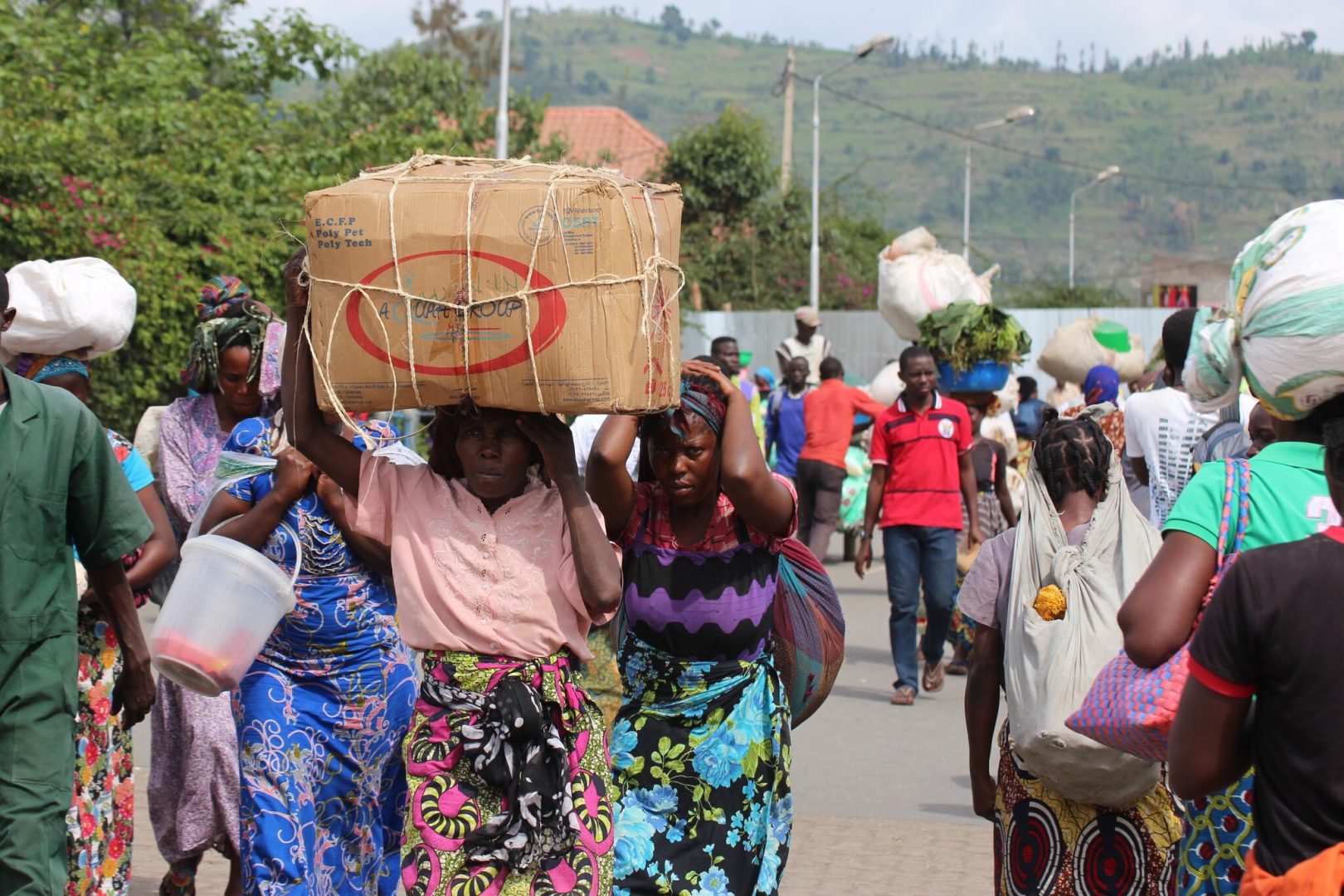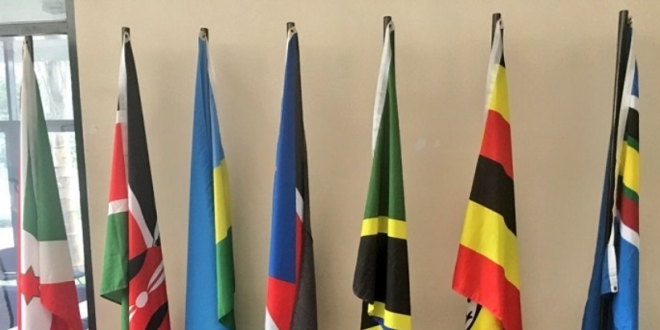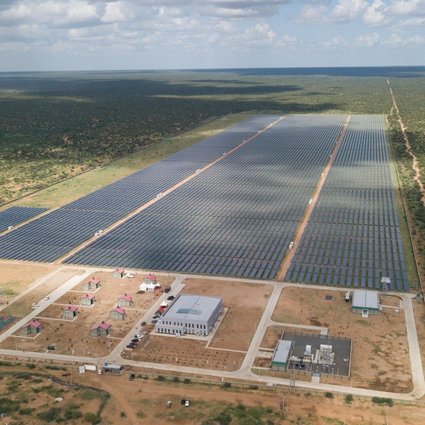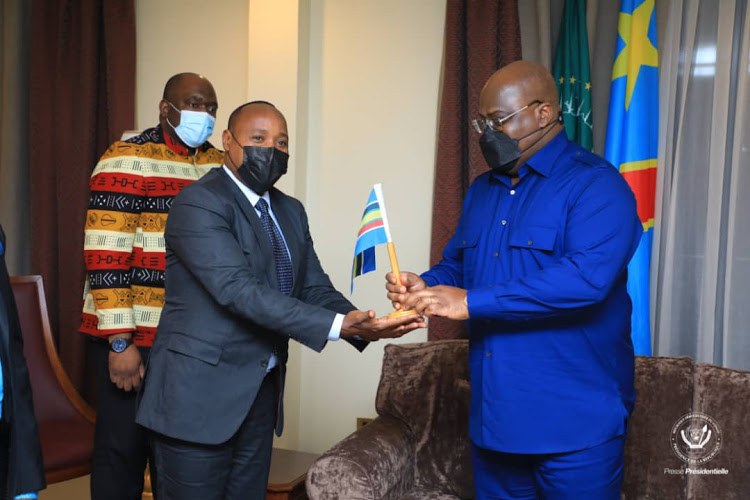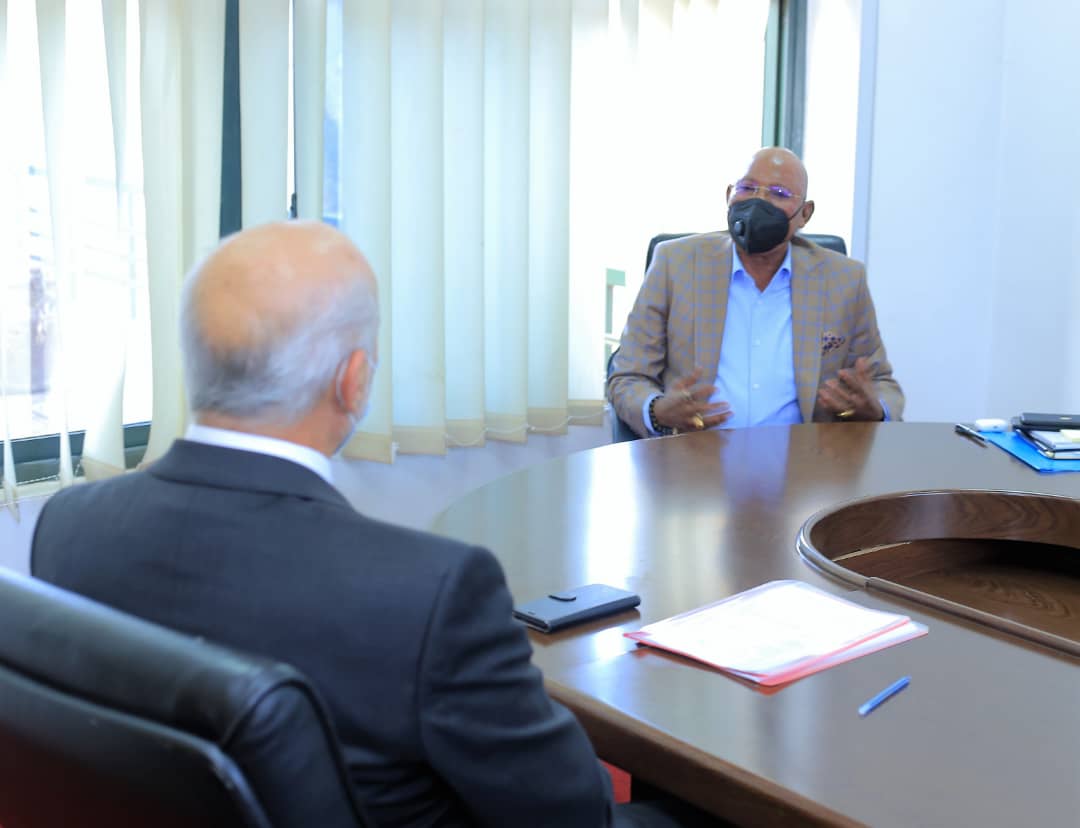How a producers’ organization helped farmers successfully export avocado to Europe ACCRA, Ghana, August 26, 2021/APO Group/ -- “Before the Forest and Farm Facility Programme (FFF) reached out to us, I faced many challenges in marketing the avocado produce from my farm,” says Paul Mitei, a farmer from Kiptoben Village, Nakuru County, Kenya. Paul says he wanted to know more about how the avocado and tomato value chains worked, and the proper inputs that are critical to avocado cultivation and meeting market demands. Paul is married with 3 children and has a 5-acre farm where his family tends to avocado trees. He says he started to grow avocadoes because other farmers in his community were growing them, but at that time he had poor crop management skills which led to low fruit yields, no profit and a lot of frustration. . To improve his knowledge and capacity on the avocado value chain, he joined the Nakuru Small Holder Fruit Producers Association (NASFPA) with the hopes of higher sales of his farm produce. “Being a member of NASFPA, I am now well informed about better market access and can benefit from the FFF project. The initiative also gave me the opportunity to export my produce to Europe,” Paul said. He now produces high value fruits and sells together with his fellow NASFPA members. Paul currently has 104 avocado fruit trees out of which 15 were fully mature by last year. Out of the 15 matured trees he harvested 500 kgs last...
Africa-newsroom, les dernières actualités du monde
Posted on: August 30, 2021
Posted on: August 30, 2021

